Struggling to find good vegetarian protein sources? Here are 10 healthy protein for vegetarians options to help you maintain a balanced diet without meat.
Key Takeaways
-
Beans and lentils are packed with protein and fiber, promoting heart health and improved gut function.
-
Tofu and tempeh are versatile, complete protein sources that can easily adapt to various dishes, making them essential for a vegetarian diet.
-
Incorporating protein-rich snacks, like nut butter and edamame, can keep you energized throughout the day.
1. Beans and Lentils 🫘
Beans and lentils are the unsung heroes of the vegetarian diet. Packed with plant-based proteins, they offer a whopping 15 grams of beans protein per cooked cup for beans like kidney and black beans, and around 18 grams per cooked cup for lentils. These nutritional powerhouses are rich in fiber. They promote healthy gut function, lower cholesterol, improve heart health, and help control blood sugar. Additionally, incorporating plant based diets can enhance the benefits of these foods.
The variety of beans and lentils available is astounding. Lentils, for instance, come in an array of colours, including red, green, black, and brown. Each type brings its own unique flavour and texture to dishes, making them a versatile ingredient in soups, stews, salads, and even burgers. Cooked lentils, along with beans, whether black, kidney beans, or otherwise, can be used in countless recipes, from hearty chili to refreshing salads, offering a delicious way to boost your protein intake.
Adding beans and lentils to your diet is both simple and advantageous. Their essential nutrient content makes them a valuable part of any vegetarian diet. Next time you plan a meal, think about including these protein-rich options. Your body will benefit!
2. Tofu and Tempeh 🌱
Tofu and tempeh are staples in many vegetarian or vegan diets, and for good reason. Both are excellent sources of plant-based proteins, with tempeh offering about 16 grams of protein per 3-ounce serving. They also contain all essential amino acids, making them complete proteins that can rival animal proteins. Moreover, both tofu protein and tempeh are low in sodium and contain no cholesterol, making them heart-healthy choices.
Tofu, made from soya beans, is incredibly versatile and can be prepared in various ways, including baking, frying, and blending. It comes in different consistencies, from silken to super firm, suited for a range of culinary uses. Whether you’re whipping up a creamy soup, a savoury stir-fry, or a hearty stew, tofu can easily adapt to your cooking style.
Tempeh, on the other hand, has a nuttier flavour and is perfect for stir-fries, sandwiches, or as a meat substitute in any dish.
To diversify your plant-based food options, tofu and tempeh are excellent choices. Marinate tofu to enhance its flavor or crumble tempeh into your favorite recipes for added protein. These alternatives are not only nutritious but also delicious, making them essential in any vegetarian foods kitchen. Incorporating plant based foods into your diet can further enhance your meals.
3. Quinoa and Amaranth ✨
Quinoa and amaranth are often celebrated as superfoods, and it’s easy to see why. Quinoa provides approximately 8 grams of protein per cooked cup, while amaranth offers over 9 grams per cup, making them excellent sources of plant-based protein. Beyond their impressive protein content, these pseudocereals are nutrient powerhouses, rich in essential vitamins and minerals.
Quinoa, classified as a pseudocereal because it is consumed like a grain but is actually a seed, is loaded with phosphorus, magnesium, manganese, and B vitamins. It’s a versatile ingredient that can be used in salads, bowls, or as a base for a hearty meal with cooked quinoa.
Amaranth, an ancient grain also technically a seed, is noted for its high levels of manganese, iron, magnesium, and phosphorus. It’s perfect for porridges, soups, or even as a flour alternative in baking.
Adding quinoa and amaranth to your diet provides a tasty source of protein and essential nutrients. These grains enhance the nutritional value of your meals while adding delightful texture and flavor. Include them in your next dish to enjoy their benefits.
4. Nuts and Seeds 🥜
Nuts and seeds are small, but they pack a powerful punch when it comes to nutrition. They are excellent sources of plant-based protein, healthy fats, fiber, vitamins, and minerals. Almonds, for example, are a major source of protein for vegans, while pumpkin seeds provide about 8.5 grams of protein per ounce along with various essential nutrients.
Seeds, in particular, are nutritional constituents powerhouses. Here are some examples:
-
Chia seeds, for instance, offer around 4 grams of protein per ounce and are high in omega-3 fatty acids, which are beneficial for heart health.
-
Sunflower seeds contain 6 grams of protein per ounce and are a good source of polyunsaturated fat.
-
Hemp seeds are another rich source of both protein and healthy fats, making them a great addition to any plant-based diet.
Adding nuts and seeds to your diet is simple and beneficial for human health. Use them in smoothies, salads, or as snacks. Nuts have been linked to maintaining a healthy weight and reducing chronic disease risks, including heart disease. Enjoy the health benefits by grabbing a handful today.
5. Dairy and Dairy Alternatives 🥛
For those who include dairy in their diet, Greek yogurt and cottage cheese are excellent sources of protein. Greek yogurt can offer as much as 18 grams of protein per seven ounces, making it a great high-protein option. It’s also a source of beneficial probiotics that support gut health. Cottage cheese, with about 14 grams of protein per 4-ounce serving, is versatile and can be used in both savory and sweet dishes.
For vegans and those avoiding dairy, there are plenty of plant-based alternatives that provide similar benefits. Soy milk, for instance, is a good source of protein and can be used in a variety of recipes. These alternatives not only cater to various dietary preferences but also ensure that everyone can enjoy the benefits of high-protein foods without relying on animal proteins. Additionally, incorporating a vegan diet, dairy milk, plant proteins, and plant based protein sources can enhance the nutritional profile of meals.
Including dairy and dairy alternatives in your diet can boost protein intake and provide essential nutrients. Whether you choose traditional dairy or plant-based options, there’s something for everyone. Add Greek yogurt to breakfast or use soy milk in smoothies for a dietary protein-rich start to your day.
6. Whole Grains 🌾
Whole grains are a fantastic source of protein, vitamins, and minerals essential for a balanced vegetarian diet. Wild rice, for example, contains 6 grams of protein per cup and is rich in antioxidants that help lower cholesterol. Whole wheat pasta also boasts 7 grams of protein per serving, making it a nutritious and filling option for meals that include high protein vegetarian foods and protein sources such as vegetarian protein sources.
Sprouted grain bread is another excellent choice, recognised for its protein content and nutritional benefits, including sprouted grains. Cooked oats, with 6 grams of protein per cup, are perfect for a hearty breakfast that keeps you full and energised. Additionally, grains like khorasan wheat, also known as Kamut, are nutrient-rich and offer significant health benefits.
Adding whole grains to your diet is a tasty and simple method to ensure adequate protein intake. Use them in various dishes, from breakfast to dinner, for numerous health benefits. Next time you plan a meal, consider whole grains for a nutritious boost.
7. Nutritional Yeast 🍿
Nutritional yeast is a vegan favorite, often used as a cheese substitute and flavour enhancer in vegan diets. A half-ounce serving of nutritional yeast provides around 8 grams of nutritional yeast protein, making it a great addition to any meal. It’s also rich in B vitamins, including high amounts of Vitamin B12, which is essential for vegans.
This flavourful ingredient can be sprinkled on popcorn, mixed into sauces, or added to casseroles for a delicious, cheesy taste without the dairy. Properly stored nutritional yeast can last for up to two years while maintaining its nutritional value, making it a convenient pantry staple.
Adding nutritional yeast to your diet easily boosts protein intake while providing a delicious, cheesy flavour. This versatile ingredient enhances the nutritional quality of meals, particularly benefiting those on a plant-based diet.
8. Vegetables 🥒
Vegetables are often overlooked as a source of protein, but they can contribute significantly to your daily intake. One cup of green peas protein contains approximately 8 grams of protein, making them a versatile and nutritious option. Cooked spinach provides about 6 grams of protein per cup and is also rich in vitamins A, K, and C, offering a myriad of health benefits.
Sweet corn, with roughly 4.7 grams of protein per cup, adds beneficial fiber to the diet and can be enjoyed in a variety of dishes. Vegetables like peas and spinach are crucial components of a vegetarian diet, providing essential protein and other nutrients.
Adding more protein to your meals effectively boosts protein intake. Incorporate peas into salads, blend spinach into smoothies, or add protein by enjoying sweet corn as a side dish for a tasty and nutritious diet enhancement.
9. Eggs 🥚
Eggs are a fantastic source of protein, with one large egg containing between 6 to 8 grams of protein. They are incredibly versatile and can be incorporated into various meals, including breakfast, lunch, dinner, and even snacks. Eggs also provide essential nutrients such as selenium and vitamins A, B2, and B12, making them a nutritional powerhouse.
For those who include eggs in their diet, they offer a convenient and delicious way to meet daily protein needs. Whether you’re making an omelet, baking a frittata, or simply boiling an egg for a quick snack, eggs are a reliable and nutritious option.
Adding eggs to your diet ensures adequate protein and essential nutrients. Versatile and suitable for numerous recipes, they are a valuable addition to any vegetarian diet. If you want to maximize your protein intake, you should eat eggs.
10. Protein-Rich Snacks 💪
When hunger strikes between meals, having protein-rich snacks on hand can be a game-changer. Nut butter, such as peanut butter, delivers 7 grams of protein per 2 tablespoons and is a nutrient-dense option. Roasted chickpeas provide about 7 grams of protein and are rich in fiber, making them an excellent vegan snack.
Edamame is another fantastic snack choice, offering approximately 13 grams of protein per cup along with various vitamins and minerals. Energy bites made from nut butter, oats, and seeds can provide around 9 grams of protein per serving if protein powder is included.
Adding these protein-rich snacks to your daily routine is a tasty and convenient way to increase protein intake and achieve a protein boost while ensuring you get enough protein. Keep them accessible for a quick, nutritious snack that keeps you energized all day.
Summary
Incorporating a variety of protein sources into your vegetarian diet is not only possible but also enjoyable. From beans and lentils to protein-rich snacks, there are countless ways to ensure you’re meeting your protein needs. By exploring and experimenting with these diverse options, you can maintain a balanced and nutritious diet that supports overall health and well-being. So go ahead, get creative in the kitchen, and enjoy the journey of discovering delicious plant-based protein sources.
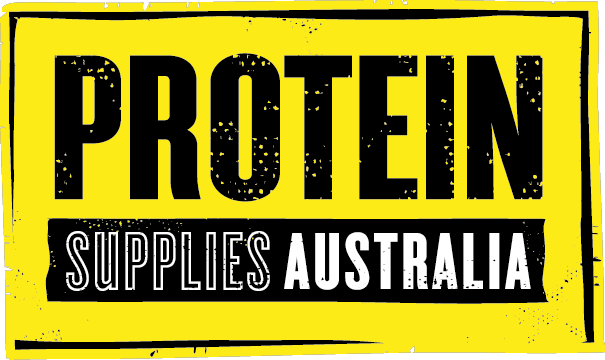
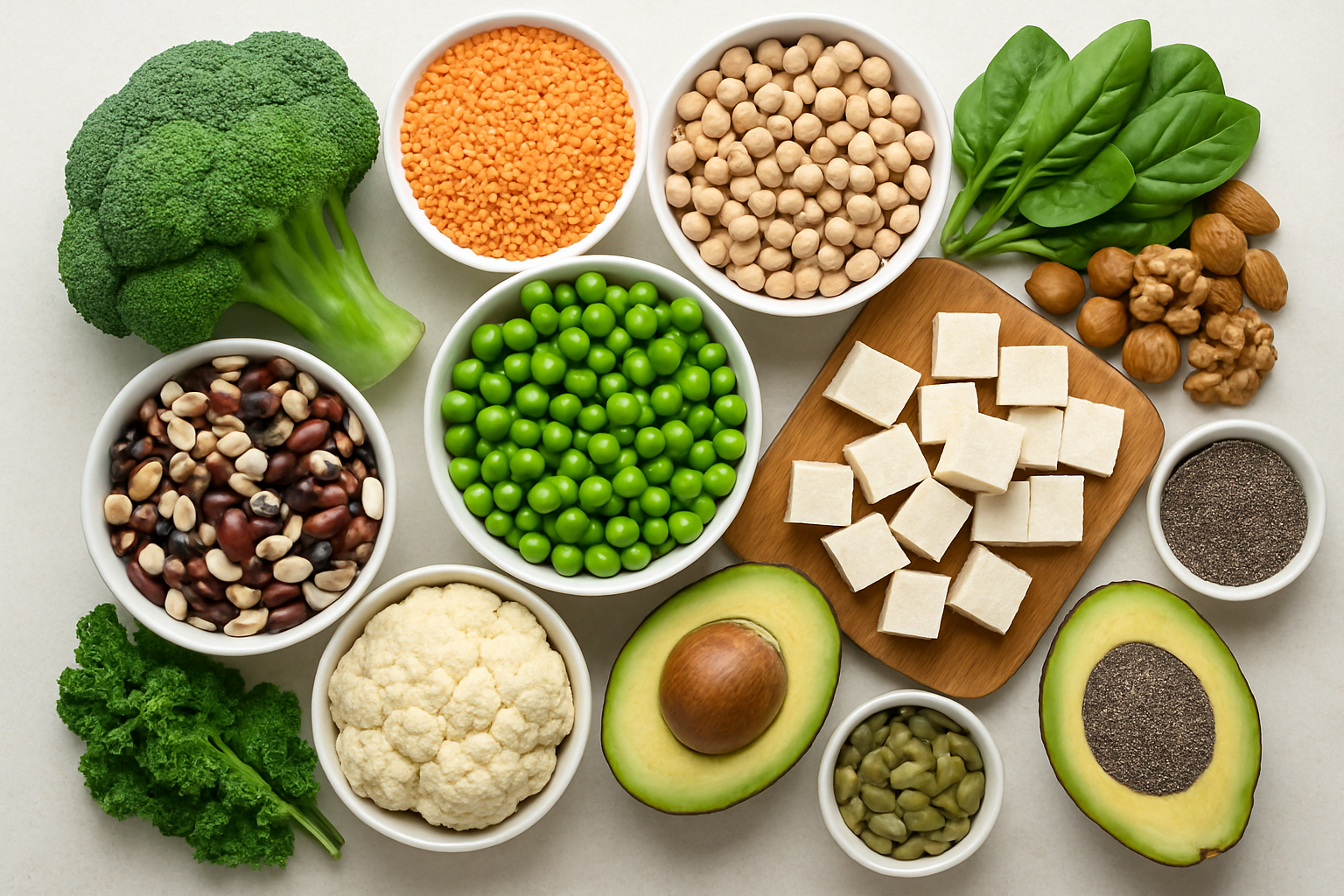
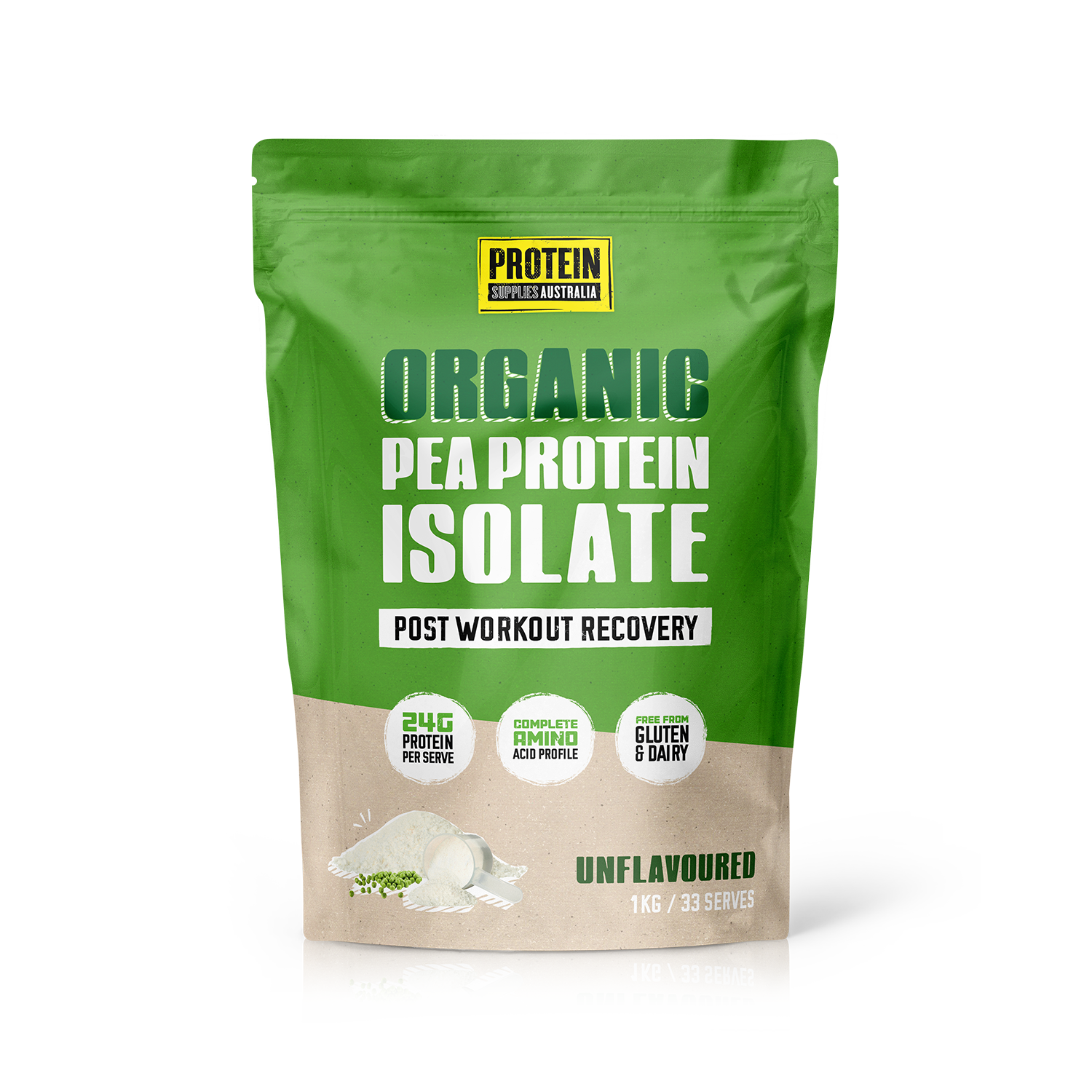
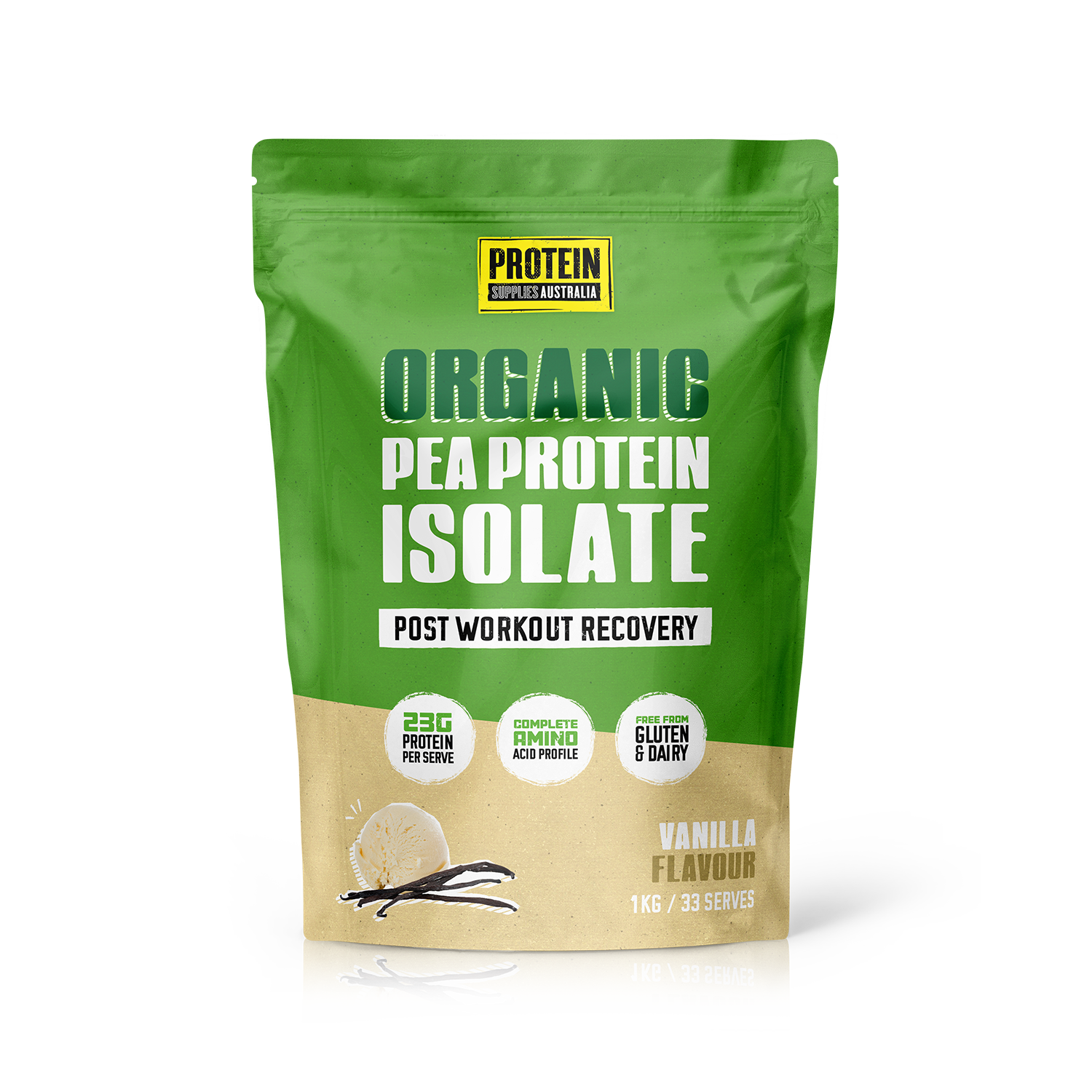
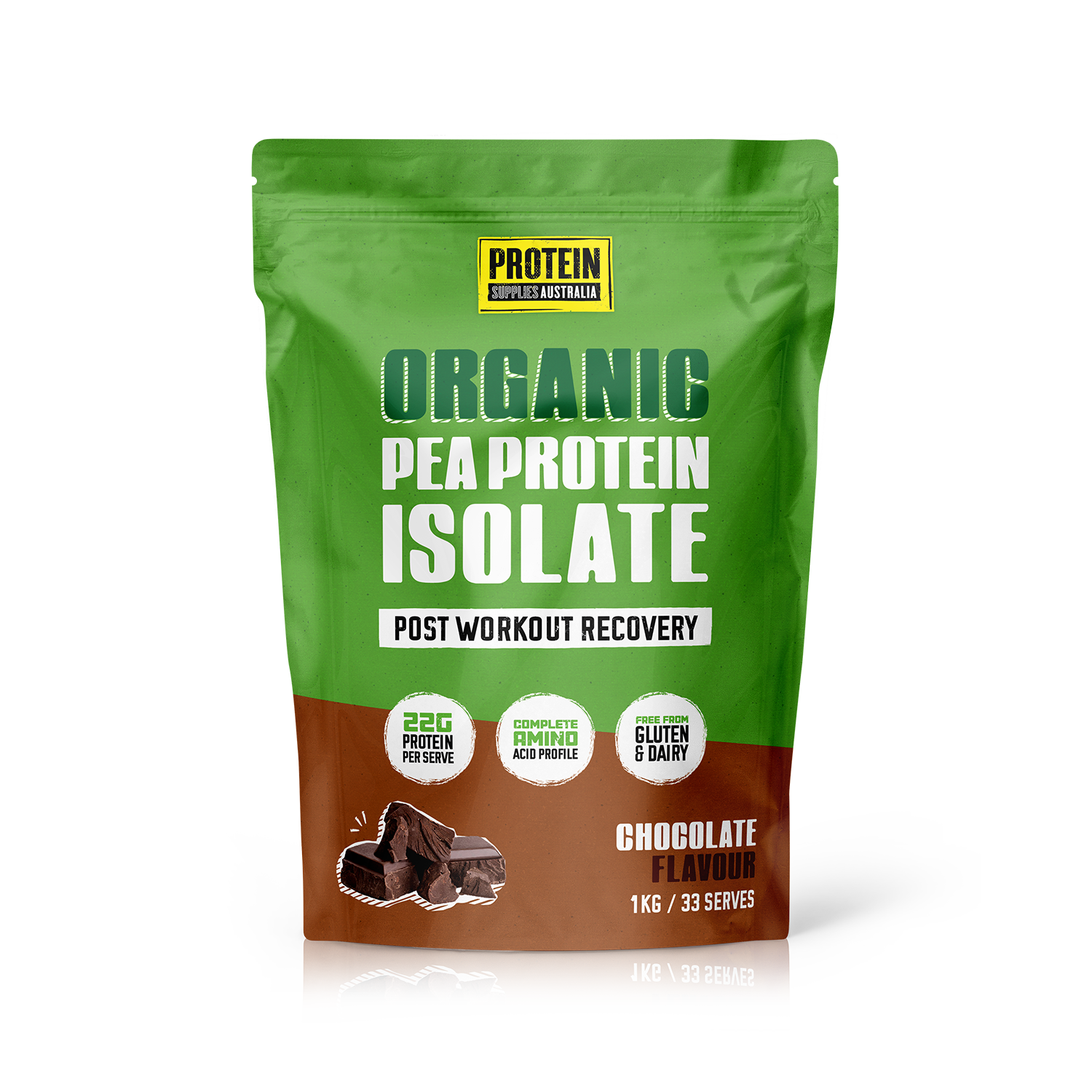
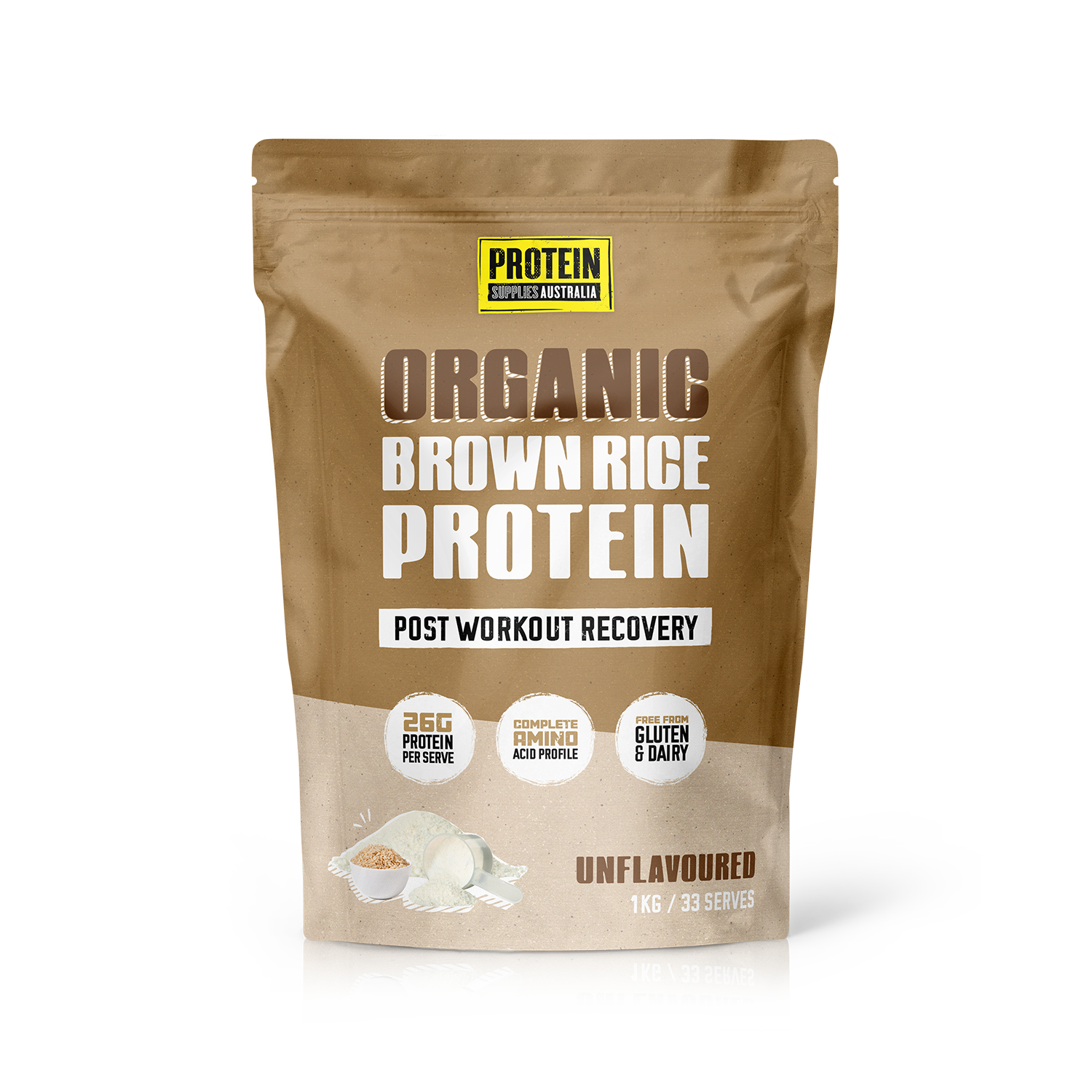
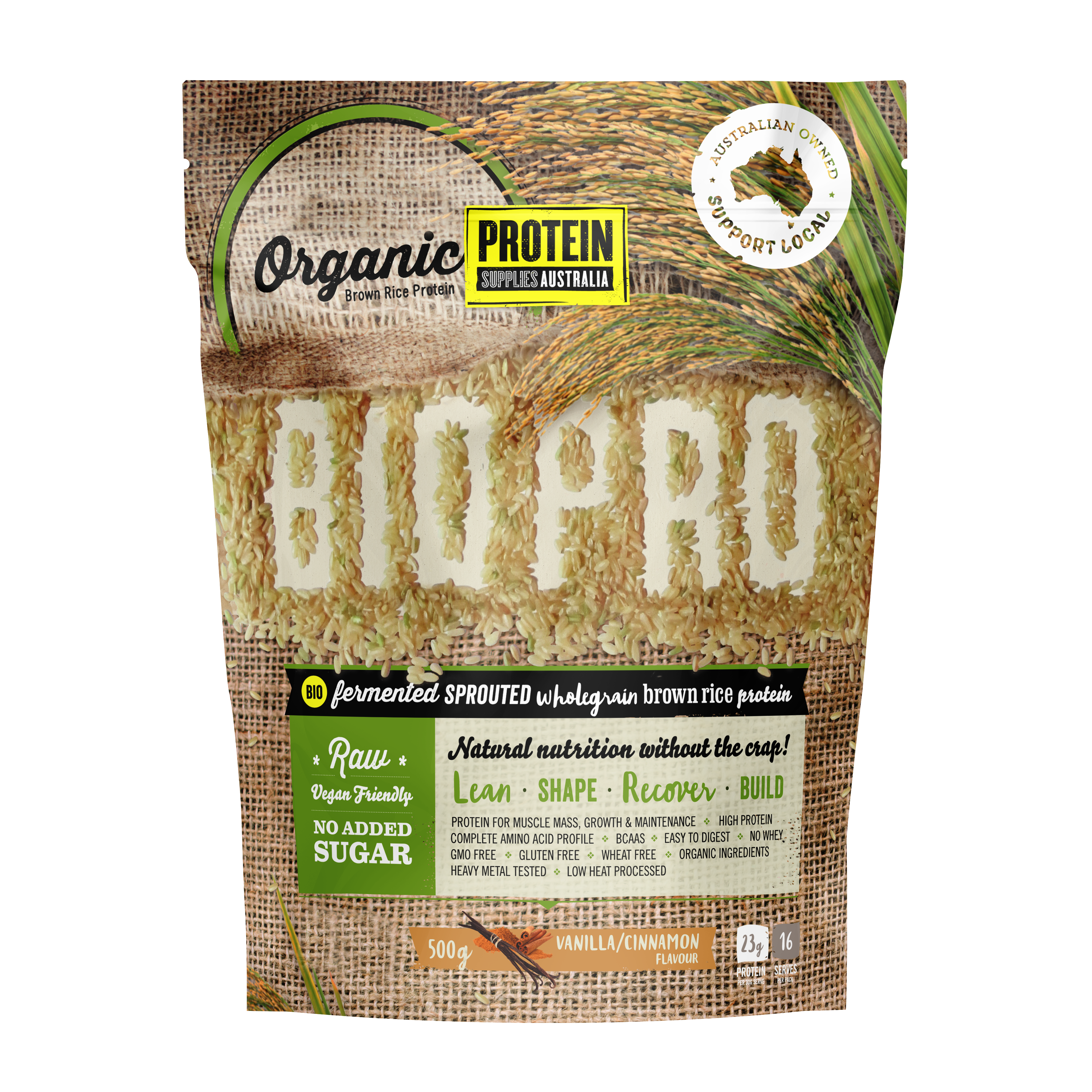
Top Protein Shake Women Benefits: Health, Weight Loss & More
Hydrolyzed Collagen vs Collagen Peptides